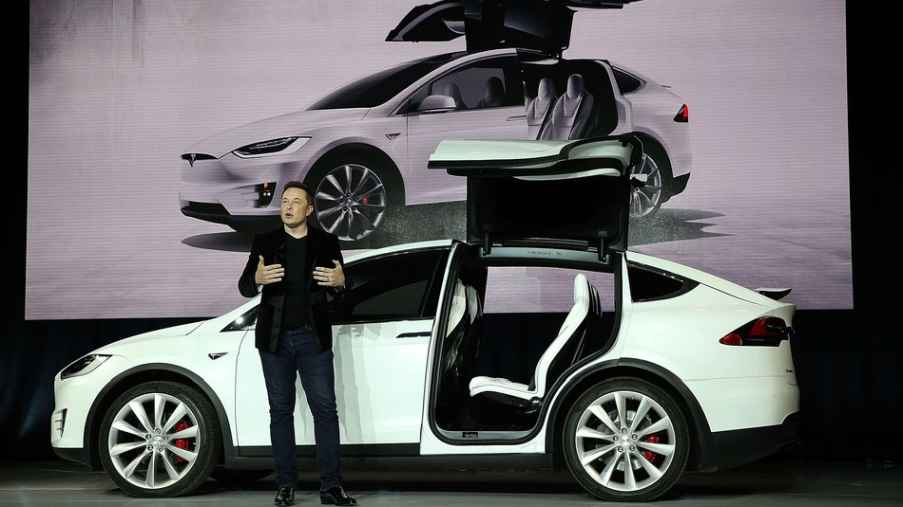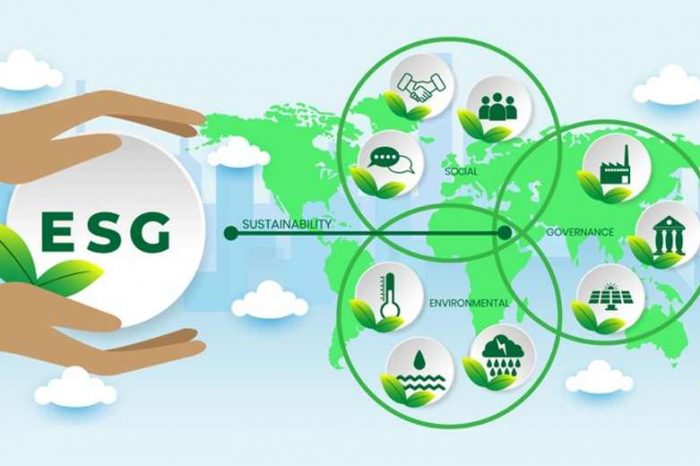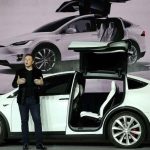Dutch forensic lab says it has decoded Tesla’s closely guarded driving data, uncovering a wealth of information that could be used to investigate serious accidents

In June, two men were killed in a car crash in Texas after a Tesla that “no one was driving” hit a tree. The accident took place over the weekend near Houston, Texas. According to local authorities, the Tesla car slammed into a tree near Hammock Dunes Place in the Houston area, killing the two occupants.
The National Highway Traffic Safety Administration and the National Transportation Safety Board (NTSB) later blamed the accident on Tesla AutoPilot System. Tesla CEO Elon Musk later denied the report saying that Tesla’s automated driving systems were not involved in the fatal crash. Musk also added that the car involved in the accident is not equipped with a full self-driving (FSD) feature.
“Data logs recovered so far show Autopilot was not enabled & this car did not purchase FSD. Moreover, standard Autopilot would require lane lines to turn on, which this street did not have,” Musk tweeted. The problem regulators face is that no one has really been able to decrypt Tesla’s driving data. Since the company’s inception 18 years ago, data collected by Tesla’s driving data has been a closely guarded secret, until now.
Today, the Dutch government’s forensic lab announced Thursday it had decrypted electric carmaker Tesla’s guarded driving data-storage system, uncovering a wealth of information that could be used to investigate serious accidents., according to an exclusive report from Reuters.
It has been known for many years that Tesla cars store data from accidents, however, the Netherlands Forensic Institute (NFI) said it had discovered far more data than investigators had previously been aware of.
The NFI said the decrypted data showed Tesla vehicles store information about the operation of its driver assistance system, known as Autopilot. The vehicles also record speed, accelerator pedal position, steering wheel angle, and brake usage, and depending on how the vehicle is used, that data can be stored for over a year.
“These data contain a wealth of information for forensic investigators and traffic accident analysts and can help with a criminal investigation after a fatal traffic accident or an accident with injury,” Francis Hoogendijk, a digital investigator at the NFI, said in a statement. Tesla did not immediately respond to Reuters’ request for comment on the story
Instead of requesting the driving data directly from Tesla, the Dutch lab decided to “reverse engineered” data logs – a process where software is deconstructed to extract information – present in Tesla vehicles “in order to objectively investigate them.”
In one case, the NFI investigated a collision involving a Tesla driver using Autopilot and a car in front of it that suddenly braked hard. The investigation found that the Tesla driver reacted within the expected response time to a warning to resume control of the car, but the collision occurred because the Tesla was following the other vehicle too closely in busy traffic.
“That makes it interesting, because who is responsible for the following distance: the car or the driver?” said NFI investigator Aart Spek.
The NFI said Tesla encrypts its coded driving data to keep its technology secure from other manufacturers and protect driver privacy. Car owners can request their data, including camera footage, in the event of an accident.

